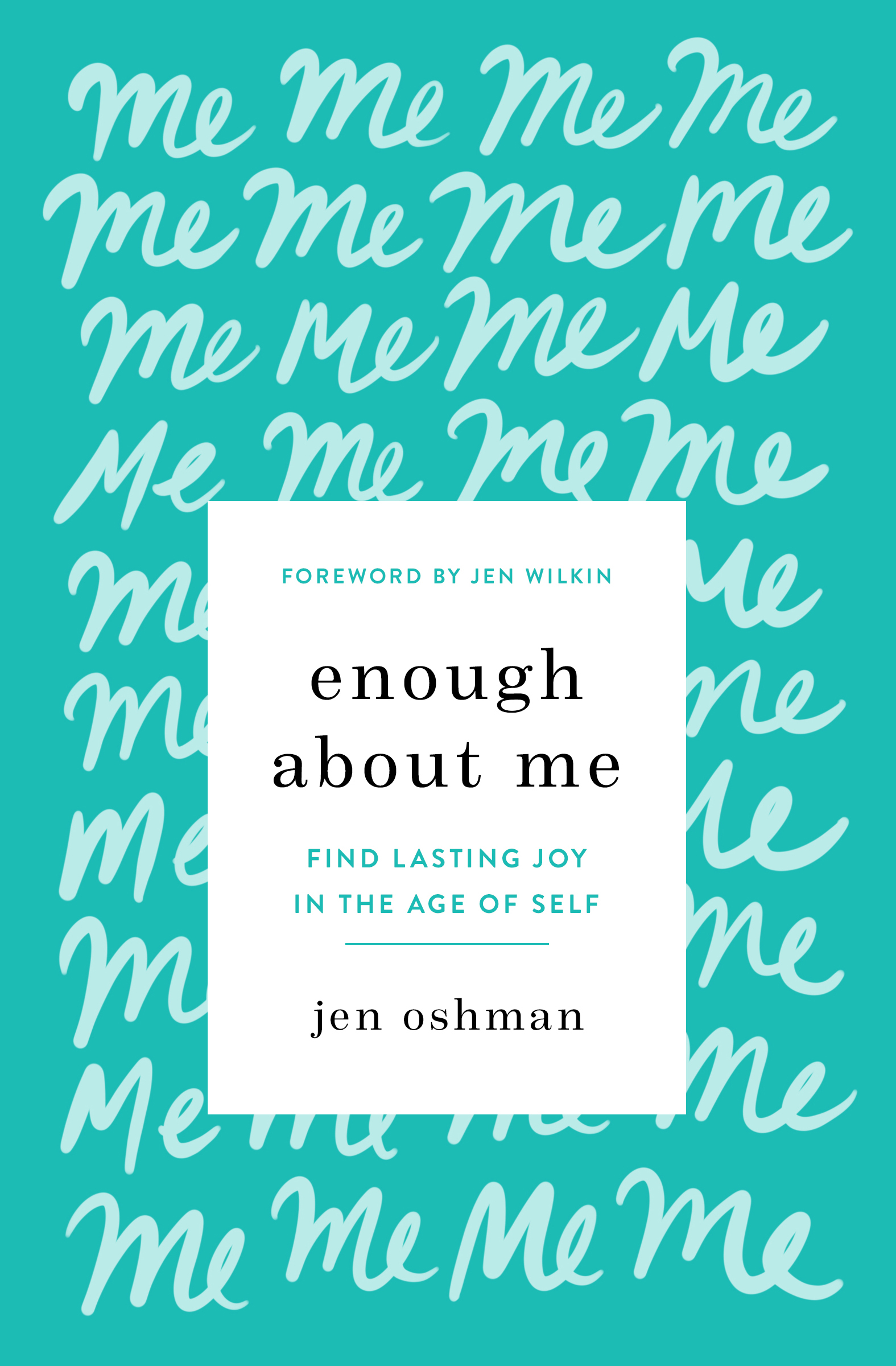In days when bestselling books aimed at women peddle a message of self-confidence in fluent Christianese, quotes like “What we need right now is more women who are full of themselves” receive thousands of views and hundreds of positive comments on Instagram. The “influencers” who tout these messages are selling today’s ideal woman—the confident, successful, and beautiful woman. It’s not hard to see the appeal. Don’t we all want to be those things? These types of messages aim for empowerment, and doesn’t it feel good to be powerful and in control?
But when the next post says, “If you want the energy, you have to make the energy,” don’t we all just wither a little inside? We know deep down we can’t “make” our own energy. In fact, we’re exhausted.
This is nothing new. An eight-year-old article in The Atlantic about the myth that women can “have it all” still circulates regularly, and last year Buzzfeed called millennials the “burn-out generation.” But somehow, despite this exhaustion, it’s easy to feel that we’re the problem. Despite doing everything we’ve been told will bring joy—self-care, education, promotions, abandoning the challenging people in our lives—we’re still unhappy.

Enough about Me: Find Lasting Joy in the Age of Self
Jen Oshman
Women today feel constant pressure to improve themselves and just never feel like they’re “enough.” They live their daily lives disheartened, disillusioned, and disappointed. That’s because joy doesn’t come from a new self-improvement strategy; it comes from rooting their identity in who God says they are and what he has done on their behalf. This book calls women to look away from themselves in order to find the abundant life God offers them—contrasting the cultural emphasis on personal improvement and empowerment with what the Scriptures say about a life rooted, built up, and established in the gospel.
As a timely alternative to this exhausting ideal, Jen Oshman’s Enough About Me: Find Lasting Joy in the Age of Self offers a welcome splash of cold water for women worn out from washing their face.
Me-Ology
Oshman—wife, mom, and writer—offers a Scripture-driven rebuttal to the message of self-reliance Christian women regularly receive. In her decades as a ministry wife, Oshman has seen the effects of our culture’s emphasis on pulling ourselves out of insecurity, shame, and failure by the bootstraps of autonomy and self-empowerment.
This book is a welcome splash of cold water for women worn out from washing their face.
Oshman argues this self-reliance has led to a self-deification—something she and others have called “me-ology.” As a worldview, it “is frail, precarious, and dependent on you and me who grow tired and weary and make mistakes. [It] is only as good as we are” (91). Scripture, Oshman says, offers an alternative. If being true to ourselves is the key to happiness, we should do what we were created to do (57).
Following the progression of Colossians 2:6–7 and including discussion questions along the way, Oshman encourages readers to be rooted, built up, and established in Christ. Although I would’ve enjoyed an earlier and clearer explanation of how Colossians related to each chapter, Enough About Me is bathed in and built on solid biblical teaching.
Rooted, Built Up, Established
First, Oshman says we need deep roots in the gospel. If we’re rooted in “ourselves and this world” (75), we’ll languish in our frailty. Oshman argues that moralistic therapeutic deism and prosperity teachings have led to a self-centered faith where one relies on faith in her own feelings and works. “[This] [s]piritual junk food,” she writes, “tells us how to behave rather than calling us to behold . . . Jesus” (89). With only our behavior to keep us near God, we become unhappy and spiritually malnourished. But real joy comes through confession. Specifically, “we must remember and say . . . that we bring nothing to the table. He alone is the one who holds everything together” (94).
Second, Oshman explains that we must also be built up by properly ordering our affections and setting our gaze on Christ. She gives insight into means of renewal—confession, reading Scripture, and community—and argues that in rooting ourselves in the gospel and renewing our minds we will be built up in Christ.
Third, she encourages her readers to be established in Christ. Oshman makes a keen observation in writing that our culture’s obsession with choice is motivated by fear. “We survey the options for fixing what we fear,” she says, “we choose one, and we will it to work for our good” (120). But since we weren’t created to bear the weight of controlling our own destinies, we should focus on God choosing and redeeming a people for himself. Resting in his choices, rather than our own, brings true joy: “The antidote for the angst . . . and uncertainty of our day is knowing that he is the ultimate choice-maker . . . he is good and powerful and kind, and that he loves us so much he laid down his life for us” (134).
Lasting Joy
Enough About Me climaxes as Oshman proposes that true joy is found in imitating Christ by giving our lives for others. She asks pointedly: “Is your life marked by an ever-increasing desire to look like our Savior?” (146). She continues, “If you and I are going to be willing to come and die as Jesus insists, then we must first be convinced that following him is better than following ourselves” (149). Is this not the sort of prompting we need?
If following Christ is our true desire, Oshman urges, we should pursue gospel joy with intention. It’s easy and popular to put effort into becoming “ourselves” (don’t we all know our Enneagram type by now?). But being rooted, built up, and established in Christ requires “grace-driven effort” (161). Oshman’s advice is counterintuitive to modern sensibilities, but we will only find insecurity if we’re rooted and built up in ourselves. Instead, with God’s help, we find deeper joy when we pursue him.
And, as it turns out, this is exactly what we need. Despite what we may think, we aren’t really looking for the beauty, success, and confidence promised by the evangelists of me-ology. We’re looking for something better. Oshman rightly assesses that this pursuit of God instead of self will lead to that greater and better thing—Christ, “the powerful antidote . . . to the discouragement and disillusionment created by the age of self” (164).
































